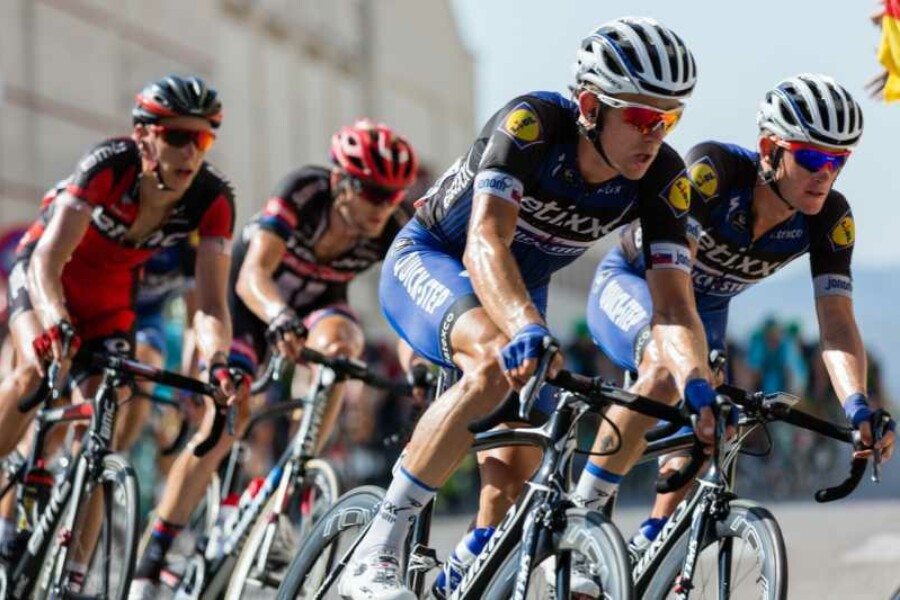Are Athletes at Higher Risk of Developing Varicose Veins?

Even if you exercise on a regular basis, you’re still susceptible to varicose veins.
Varicose veins can affect anyone and everyone. Even world-class athletes are at risk. While exercise can combat circulatory and venous issues, hereditary predispositions may still override preventative measures, with almost 50% of patients having a family history of the condition. You don’t need to let your varicose veins detract from your performance, however. If you’re an athlete looking to reduce the swelling and regain competitive form, we have some useful facts to help you return to the top.
1. Not All Exercise is Created Equal
High-impact exercises like skiing, weightlifting, and hiking can place excessive stress on your abdomen and legs, overburdening the veins within them. This tension restricts circulation, making it more difficult for blood to travel from the legs back to the heart.
If you notice enlarged veins after these types of exercise, try developing a lower impact regimen. Walking, jogging, and stationary cycling can all improve blood flow while placing limited stress on your legs.
2. Wear Compression Stockings
Compression stockings can help promote circulation in athletes who suffer from leg strains and varicose veins. Wear support hosiery during and after your workout to maximize blood flow.
3. Elevate After an Intense Workout
Your legs can grow heavy and numb after a long run or weight-lifting session, so be sure to consistently elevate your legs and feet. This encourages your legs’ blood “pool” to drain properly, which will decrease swelling in the veins.
4. Antioxidants Matter
Flavonoid-rich foods like blackberries, bell peppers, cherries, and brussel sprouts can boost your body’s vascular system, since the antioxidants within them strengthen circulation and reduce inflammation.
5. Know When to Seek Treatment
Athletes with chronic varicose veins can suffer from long-term consequences if they do not seek medical attention. Luckily, many laser and electronic procedures can quickly rid you of your varicose veins and launch you back to peak performance. Gold-medal Olympian Summer Sanders, for example, received a minimally invasive procedure to treat her varicose veins. “The procedure was quick and I was back to my normal activities within a short period of time,” she said. “Now my legs feel great!”
While athletes might find varicose veins particularly frustrating, they can cause similar problems for anyone. If your legs are unusually achy, itchy, or swollen, contact a vein specialist today for a formal diagnosis of your condition.